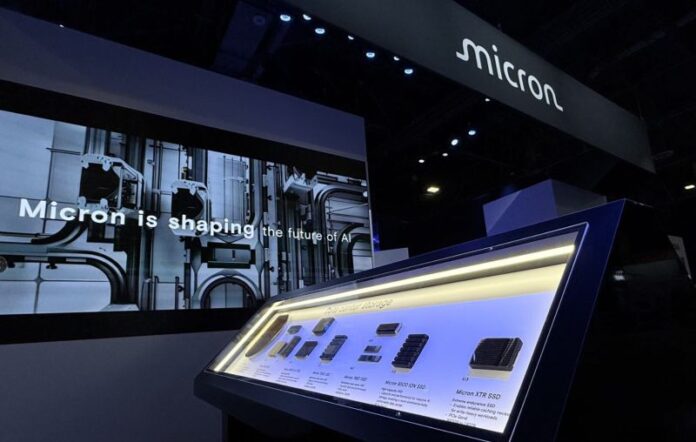The Patent Trial and Appeal Board (PTAB) has decisively rejected Micron Technology Inc.’s national security arguments in ongoing patent validity challenges involving Micron and China-based Yangtze Memory Technologies Co. (YMTC). In a series of rulings issued Tuesday, a panel of PTAB judges granted institution of inter partes reviews (IPRs) brought by both parties, overriding efforts by the semiconductor rivals to avoid scrutiny.
Micron contended that YMTC’s IPR petitions posed national security risks, arguing that allowing a Chinese government-affiliated company to challenge U.S. patents could compromise intellectual property protections. However, the PTAB panel ruled that these national security arguments “fall flat,” citing procedural timing restrictions and a lack of specific guidance permitting discretionary denial on such grounds.
The PTAB noted, “To date, the director has not provided any guidance as to when a panel should deny institution based on foreign policy or national security implications, applicable to the facts presented here.” Moreover, the agency’s current policy prohibits consideration of these factors for discretionary denial in filings made on or before March 26, 2025.
The board also rejected Micron’s claim that YMTC does not qualify as a “person” authorized to bring IPRs under the America Invents Act, affirming YMTC’s standing regardless of its governmental affiliation.
Additionally, the PTAB granted institution of IPRs filed by Micron against YMTC patents, referencing precedent that guides the board’s decisions where parallel litigation is ongoing. The patent infringement litigation between the two companies, which began in 2023, remains paused pending the outcome of these reviews.
Both companies are concurrently involved in contentious discovery battles, with a related dispute now before the U.S. Supreme Court. YMTC has also filed a separate lawsuit against Micron alleging false advertising in D.C. federal court.
The PTAB cases, Yangtze Memory Technologies Co. Ltd. v. Micron Technology Inc. (IPR2025-00118, IPR2025-00189) and Micron Technology Inc. v. Yangtze Memory Technologies Co. Ltd. (IPR2025-00099, IPR2025-00098), remain active and are closely watched by the semiconductor and intellectual property communities.



